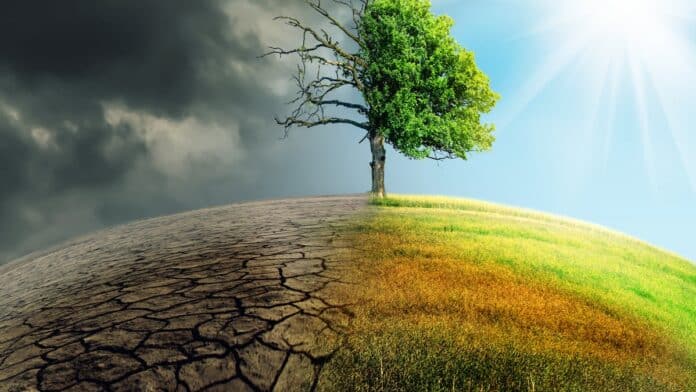G20 leaders have failed to agree on a solid commitment to tackle climate change ahead of the COP26 climate conference – with the UN secretary general saying he leaves Rome with his “hopes unfulfilled”.
Leaders of the world’s 20 largest economies agreed that keeping global warming down to 1.5C below pre-industrial levels will require “meaningful and effective actions and commitment by all countries”.
They did not expand on what those actions could be and said they recognised the relevance of halting net emissions “by or around mid-century” – removing the 2050 date seen in previous versions of the final statement to make the target less specific.
The leaders did agree to end public financing for coal-fired power generation abroad but set no target for phasing out coal domestically.
The lack of agreement over the domestic issue relates directly to top carbon polluters China and India – and represents a failure by leaders to agree on a key issue.
UN Secretary General Antonio Guterres, who warned on Friday the world was rushing headlong towards climate disaster, said: “While I welcome the G20’s recommitment to global solutions, I leave Rome with my hopes unfulfilled – but at least they are not buried.
“Onwards to COP26 in Glasgow to keep the goal of 1.5C alive and to implement promises on finance and adaptation for people and planet.”
A spokeswoman for sustainable development advocacy group Global Citizen said the lack of a definitive timeline “is not good enough”.
“That the G20 didn’t align on this basic fact is close to negligence for both people and the planet,” she said.
And she also expressed anger at the leaders failing to commit any urgent aid to help Madagascar, which is on the verge of declaring the first famine caused by climate change after four years without rain.
Wrapping up two days of talks in Rome ahead of the global COP26 climate summit, the group of 20 leaders had been looking to find common ground and definitive commitments on how to reduce emissions while helping poorer countries deal with the impact of climate change.
The 20 members, which include the UK, the US, China, India, Brazil, Russia and the EU, represent more than three-quarters of the world’s greenhouse gas emissions.
Also at the G20, the US and the EU agreed to crack down on “dirty steel” that produces carbon emissions by restricting steel made in China from accessing their markets.
US President Joe Biden and European Commission President Ursula von der Leyen made a joint appearance at the end of the summit in which they said the move resolved the trade dispute started by former president Donald Trump.
Ms von der Leyen, who called the president “dear Joe” several times, said all like-minded economies could participate in the agreement.
G20 leaders also endorsed a 15% global minimum tax on corporations, which had been agreed by G20 finance ministers in July.
The tax is aimed at minimising the ability of multinational businesses to use tax havens to gain massive profits while avoiding taxes in the countries they operate in.
The leaders also set a goal to vaccinate at least 40% of the population of each country against COVID-19 by the end of 2021 and 70% by June 2022.
But Global Citizen stated “there is no plan to get there” and questioned where the doses would come from as there is still little data on vaccine production and distribution.
If you like our content please keep us going for as little as £2 a month https://dorseteye.com/donate/







